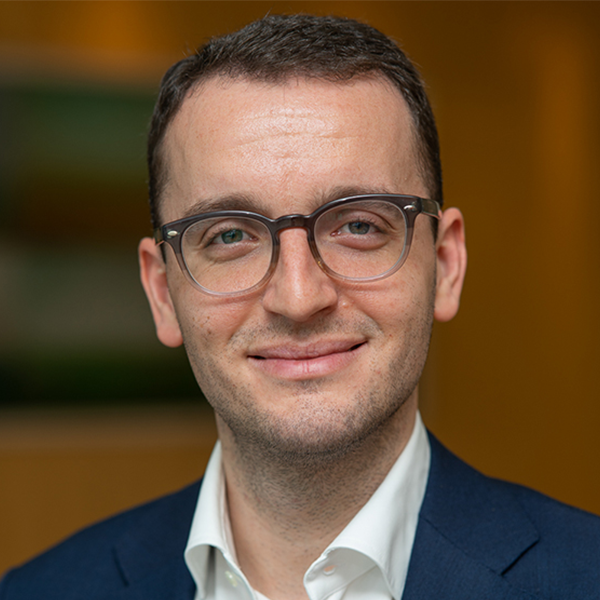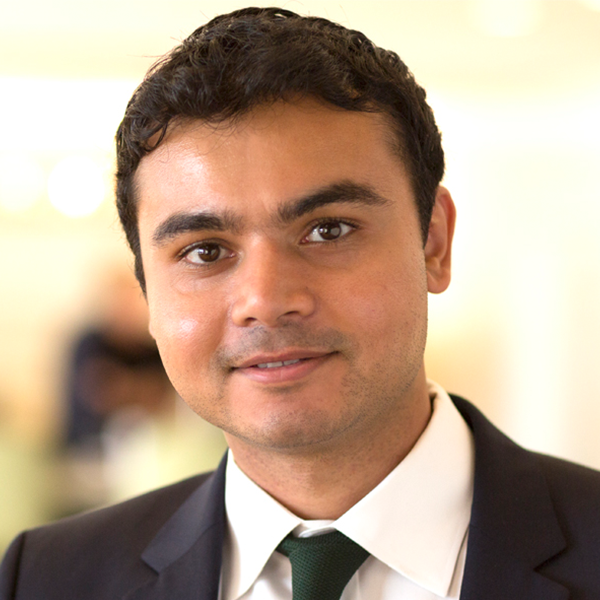Capital IdeasTM
Investment insights from Capital Group
Categories
債券
Can the banks deliver for investors in 2024?
Today, with the exception of the US regional banks, fundamentals across the banking sector are the strongest they have been in decades.
Despite this, high issuance volumes, ongoing concerns over the US regional banking crisis, and macroeconomic uncertainty means the sector trades wide of the broader corporate bond market. Does this represent an opportunity?
Banks are currently priced with a spread over investment grade credit
OAS comparison of Global Aggregate Corporate – Banking and Global Aggregate Corporate

Past results are not a guarantee of future results. OAS is option adjusted spread.
Source: Bloomberg. Data as at 31 December 2023
The market narrative has, in recent months, shifted towards an expectation that policy rates have now peaked and will soon fall as central banks achieve a soft landing. The banks are well placed for this scenario, with many having interest rate hedges in place to protect revenues.
Given the market often views banks as proxies for the macroeconomy, a reduction in recession risk should lead to renewed support for the sector.
Meanwhile, regulatory changes in light of the US regional banking crisis are likely to keep US bank issuance elevated in the next few years. In the longer term, however, the strengthening of banks’ capital positions as a result of these changes should be positive for bond holders. In the meantime, banks have a renewed focus on the quality and stickiness of their deposit base.
In this paper, Capital Group’s fixed income analysts outline what the changing macroeconomic environment might mean for the banks, the impact of the US regional bank crisis and the credit implications of regulatory changes, as well as the key opportunities and risks facing the sector.
過去の実績は将来の成果を保証するものではありません。投資の価値および投資収益は減少することも増加することもあり、当初投資額の一部または全部を失うことがあります。本情報は投資、税務もしくはその他の助言の提供、または証券の売買の勧誘を意図するものではありません。
個人に帰属する記述は、その個人の出版日現在の意見を述べたものであり、必ずしもキャピタル・グループまたはその関連会社の意見を反映したものではありません。特に明記がない限り、すべての情報は記載された日付現在のものです。一部の情報は第三者から取得したものであり、そのため、かかる情報の信頼性については保証いたしません。
 Etrit Vllasalija
Etrit Vllasalija
 Michael Habib
Michael Habib
 Franz Lathuillerie
Franz Lathuillerie